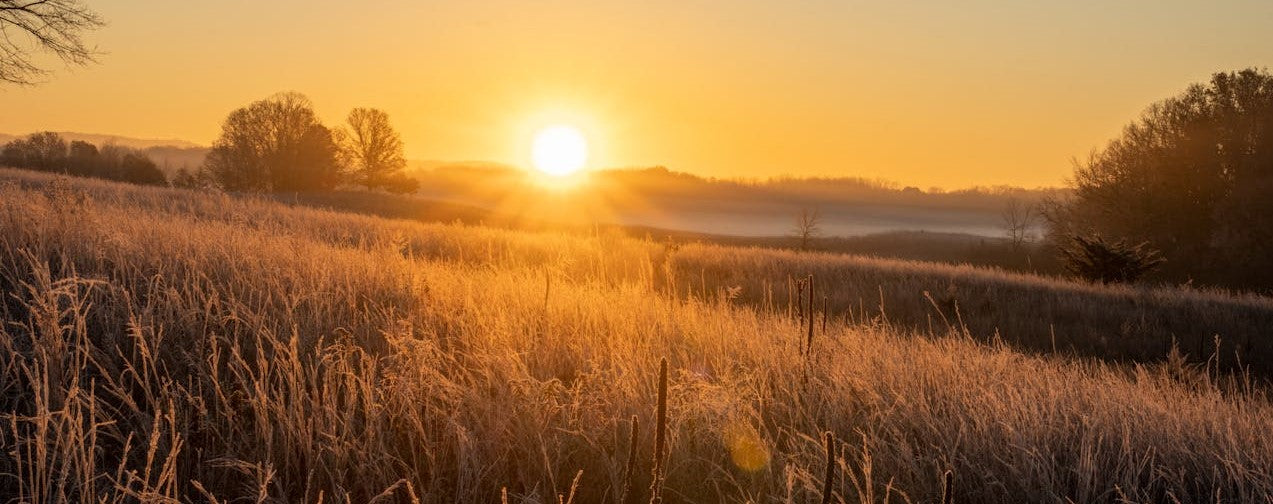
Partner spotlight: Indigenous Health Council
Enhancing Indigenous health and wellness
June 14, 2024.
The Indigenous Health Council (IHC), a vital partner to the Frontenac, Lennox & Addington Ontario Health Team (FLA OHT), drives significant progress in Indigenous health and wellness in Frontenac, Lennox and Addington counties. Established in 2013, the IHC was initially created to support the first Indigenous Nurse Practitioner, Lynn Brant, followed by Maureen Buchanan. Over the years, the Council has grown significantly, both in its composition and mandate. Today, the IHC supports Indigenous health practitioners within various institutions, providing a platform for collaboration and mutual support.
In conversation with Mireille LaPointe, co-chair of the Indigenous Health Council, she shared insights into the IHC's journey, its vital contributions to the health-care system in our region, and what the future of Indigenous health care looks like. Mireille shares the role of co-chair with Lynn Brant, who recently joined the FLA OHT Transitional Leadership Council.
Mission of the IHC
To start, Mireille took us back to the origins of the IHC, highlighting its mission to empower Indigenous health practitioners and ensure they have a voice within health-care institutions. As Mireille explains, this fosters a supportive environment where Indigenous and non-Indigenous health-care providers can exchange ideas, deepen relationships and collectively improve health-care delivery for Indigenous Peoples. Mireille emphasizes the importance of this collaborative approach, saying, “This dual representation helps institutions understand the importance of culturally appropriate care for Indigenous clients. It also helps Indigenous health providers not feel isolated within their institutions. Sitting with other Indigenous practitioners, they can exchange ideas and encourage one another.”
IHC's invaluable contributions across our region
The IHC’s efforts extend far beyond their role as an advisory council or support network; they have made, and continue to make, invaluable contributions to the health-care system in FLA to improve delivery and outcomes for Indigenous populations. One notable achievement of the IHC is the design of the Cedar Lodge at the Napanee Area Community Health Centre, a space dedicated to serving Indigenous communities. The IHC also provided input on the design of Providence Care's new hospice residence, which is expected to open at the end of 2024, ensuring that cultural practices, such as smudging, cedar baths and ceremonial fires, could be easily integrated into hospice's physical space. “We wanted to help create a space where Indigenous cultural practices could be honoured and respected,” Mireille shares. “It’s gratifying to see this work coming to fruition.”
Mireille is particularly enthusiastic about one of the IHC’s upcoming initiatives. “In November, we’re hosting a significant gathering at Kingston Community Health Centres (KCHC), featuring a panel of individuals who have been instrumental in the IHC's history. We’re also creating a documentary in partnership with Queen’s [University] that captures their work and contributions,” she shares. This retrospective is part of a broader effort to establish a comprehensive plan for the IHC's future.
A future with integration of Indigenous health and wellness practices
Looking ahead, Mireille hopes for a future where discussions about the inclusion of Indigenous health practices are no longer necessary, and where Indigenous health and wellness are seamlessly integrated into the broader health-care system. She and the IHC hope for a time when Indigenous healers work alongside Western practitioners, where Indigenous knowledge is respected and considered valid. “We shouldn’t have to push the stone up the mountain again and again like Sisyphus,” she says. “We need to see the health-care system work on decolonizing itself, recognizing the validity of Indigenous healthways, and incorporating Indigenous healers and practices without resistance,” she adds. “Our goal is for Indigenous and Western health systems to complement each other, recognizing the value each brings.”
The IHC also aspires to a health-care landscape that embraces holistic care, addressing the mental, spiritual, social and emotional aspects of health as much as the physical. This vision is not just for the benefit of Indigenous communities but for the improvement of health care for all. “I know it’s a big ask - to ask a system to change,” admits Mireille. “But I think everyone ends up benefiting from health care that incorporates an Indigenous worldview.”
Through the FLA OHT’s partnership with the IHC, we strive to build a health-care system that better understands and serves the needs of Indigenous Peoples, and incorporates Indigenous health practices, ultimately enhancing health outcomes for Indigenous Peoples. The Indigenous Health Council's work is paving the way for a more inclusive, understanding and effective health-care system. Through continued advocacy and partnership, they are helping build a future where all individuals receive the comprehensive care they deserve, rooted in respect and cultural understanding.
